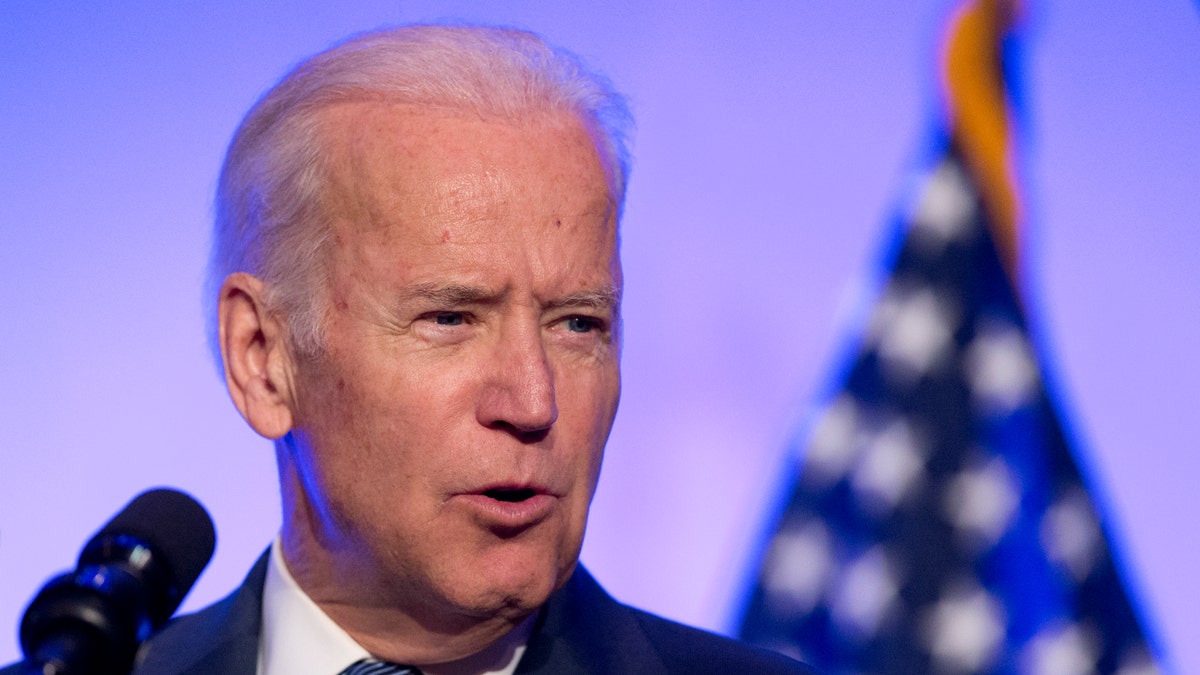
In this photo taken May 9, 2016, Vice President Joe Biden speaks in Washington. Biden is unveiling a public database for clinical data on cancer that aims to help researchers and doctors better tailor new treatments to individuals. (AP Photo/Manuel Balce Ceneta)
WASHINGTON (AP) -- Vice President Joe Biden unveiled a public database for clinical data on cancer on Monday that aims to help researchers and doctors better tailor new treatments to individuals.
Overseen by the National Cancer Institute, the Genomic Data Commons starts with genomic and clinical data for 12,000 patients. The system is designed to increase sharing of information about the gene sequences of tumors and how patients with those tumors responded to specific treatments
Biden, speaking at the American Society of Clinical Oncology's annual meeting in Chicago, said recent advances in DNA sequencing technology had allowed researchers to generate vast amounts of new data in a short period of time. But he said the cancer world "can do much better than we're doing.
"The information is scattered among different government and academic repositories. Most of it is out of the reach of scientists," Biden said. "We're bringing it into one space."
The database has emerged as the most tangible component of Biden's cancer "moonshot," a push in his final year in office to double the pace of cancer research toward a cure. Although the Obama administration has sought an influx of federal funds to accelerate research, Congress has approved only a fraction of what's been requested.
Since taking on the cancer issue last year, Biden has repeatedly argued that confining data within institutions has hampered cancer research, with scientists and medical companies reluctant to share proprietary information. In fact, cancer research institutions have significant data-sharing arrangements in place, although Biden and other critics say it's too limited and not happening early enough in the process.
Though easily searchable, the database includes protections for privacy and security, Biden said. He urged cancer experts gathered in Chicago to "upload your raw genomic data" to the system for use by fellow researchers.
"All of you know it's the right thing to do," Biden said. "It's the quickest way for us to move forward. And it's not technically hard for us to do it."







































